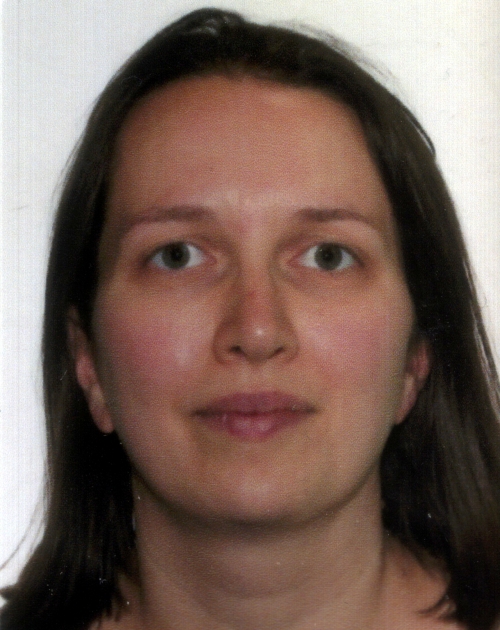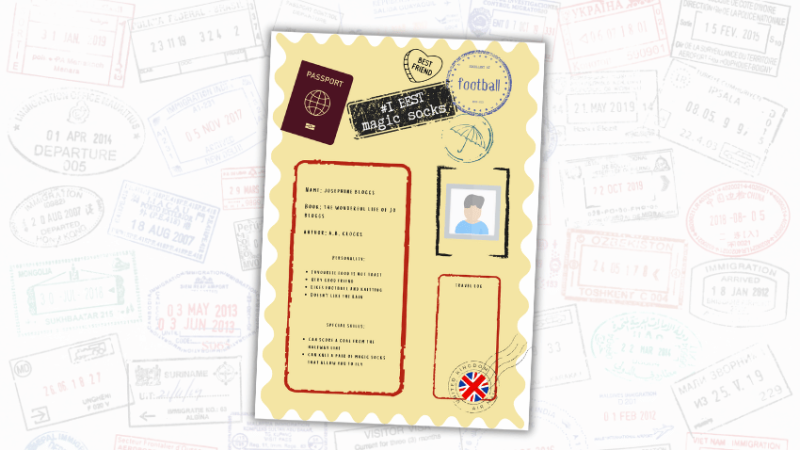Light That Literacy Fire – Start A Writing Club

When Abi Joachim realised the demands of the curriculum were started to crush the passion for writing out of her students, she was determined not to let it happen without a fight…

- by Abi Joachim
- Experienced HLTA and professional development lead

“English is boring – all we do is write!”
As an English higher level teaching assistant, I regularly hear teenagers moaning like this, and it is becoming increasingly difficult to motivate them to put pen to paper. Their world is filled with technology; smartphones, tablets, Facebook and WhatsApp dominate their lives outside of the classroom, and text-speak and emojis require relatively low levels of literacy.
However, recent changes to the English curriculum have increased the demands on pupils’ writing abilities. The expectation that GCSE papers should be filled with accurately produced, well-structured responses that demonstrate creativity and originality is becoming a challenge to achieve.
On reflection, I actually believe that this is the problem. Schools have become so focused on the end result – under immense pressure from the likes of Ofsted – that the love of learning for learning’s sake is bypassed and forgotten. In my opinion, English should ignite imaginations, inspire creativity and develop a lifelong passion for the written word.
With this aim in mind, I decided a year ago to establish a creative writing club.
Small beginnings
After designing an eye-catching poster and enlisting the English team to carry out a recruitment drive, I sat, one cold lunchtime last November, anxiously waiting to see if anyone would arrive. As the minutes ticked by, I became increasingly concerned that there would be no takers.
Almost giving up hope, I began to pack up my lunch when I heard a tentative knock on the door and two nervous looking girls appeared. Both were already keen writers and arrived full of ideas and enthusiasm. For a few weeks that was us – me and two dedicated year 8 girls – enjoying characterisation, plot twists and poetry. Although we had fun entering competitions and sharing stories, it was difficult to get any real collaboration or discussion going.
Just as I thought the club might be floundering before it had properly begun, one of my existing members offered to bring some friends along. The following week our numbers grew to six – then eight, then 10, and before I knew it, we had a regular gathering.
It was lovely to see the delight on the girls’ faces when I presented them each with their own thread-bound notepads. To my surprise, they carried these with them everywhere and proudly presented them at each writing session to share their latest creations.
Now that we had established a vibrant and well-attended club, I was eager to broaden their horizons with a wider range of creative writing experiences. Through family connections I was lucky enough to secure a visit from a local playwright, who spent an enjoyable afternoon sharing his experiences and treasured writing journals. In subsequent club sessions we explored his writing tips by tearing inspirational words and images out of newspapers, magazines and greetings cards, and using them as prompts for our own writing.
The year’s adventures culminated in a trip to the local theatre to watch a performance of Shakespeare’s A Midsummer Night’s Dream. The girls loved the show, laughed all the way through and even shared comments about the play with elderly audience members. Upon returning to school, their challenge was to write the best newspaper-worthy review – but all were so good that they were amalgamated into a detailed piece for publication on the academy website.
Looking forward
By the end of the term, the creative writing club had developed such confidence that they decided to run their own in-school writing competition. They took control of all aspects of planning and execution, discussing the theme, prizes and word limit.
When all the entries were gathered, we deliberated the merits of each piece before making the difficult choice of a winner and a runner-up. Both the profile of the club and the standard of the creative writing in general, were raised through the process, and the winners seemed genuinely thrilled to receive recognition for their writing skills – and their prizes, of course.
All in all, I think the first year of the Westbourne Creative Writing Club has been a huge success. We have steadily grown in numbers and now have a regular, committed and talented group of pupils who enjoy developing and sharing their talent.
However, we are still far from achieving my aim of inspiring the whole school to love creative writing. Our current membership is made up exclusively of gifted girls in year 8 – we’re hardly the most diverse of groups! This year, my ambition is to encourage boys to join the club, as they are often reluctant to express their ideas in written form. I also want to break the barriers that SEND often brings and persuade some of our most reluctant writers to come and have a go.
Both of these plans will bring their own challenges – but the effort will all be worthwhile if pupils from across the school can begin to join together to share a passion for writing.
Abi Joachim is an HLTA in the English department at a secondary academy in Suffolk. She has 15 years’ experience in support staff roles and is passionate about inclusion and SEND










